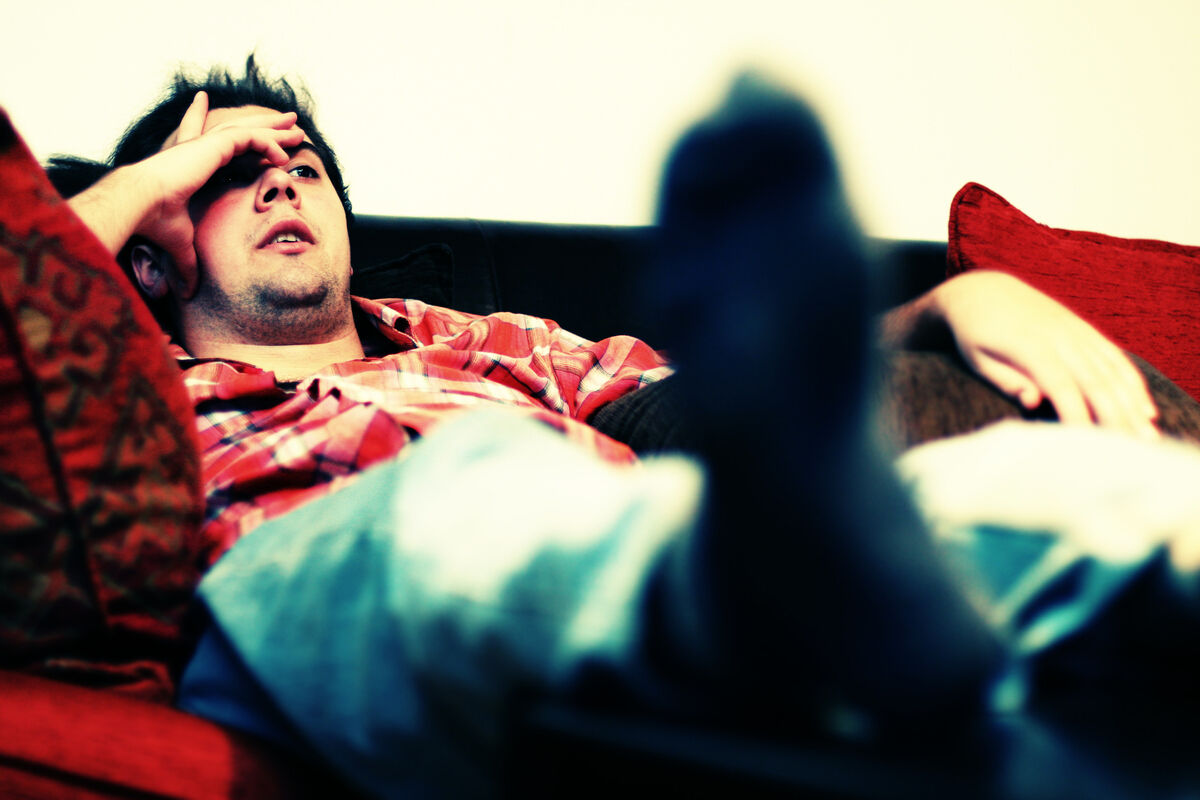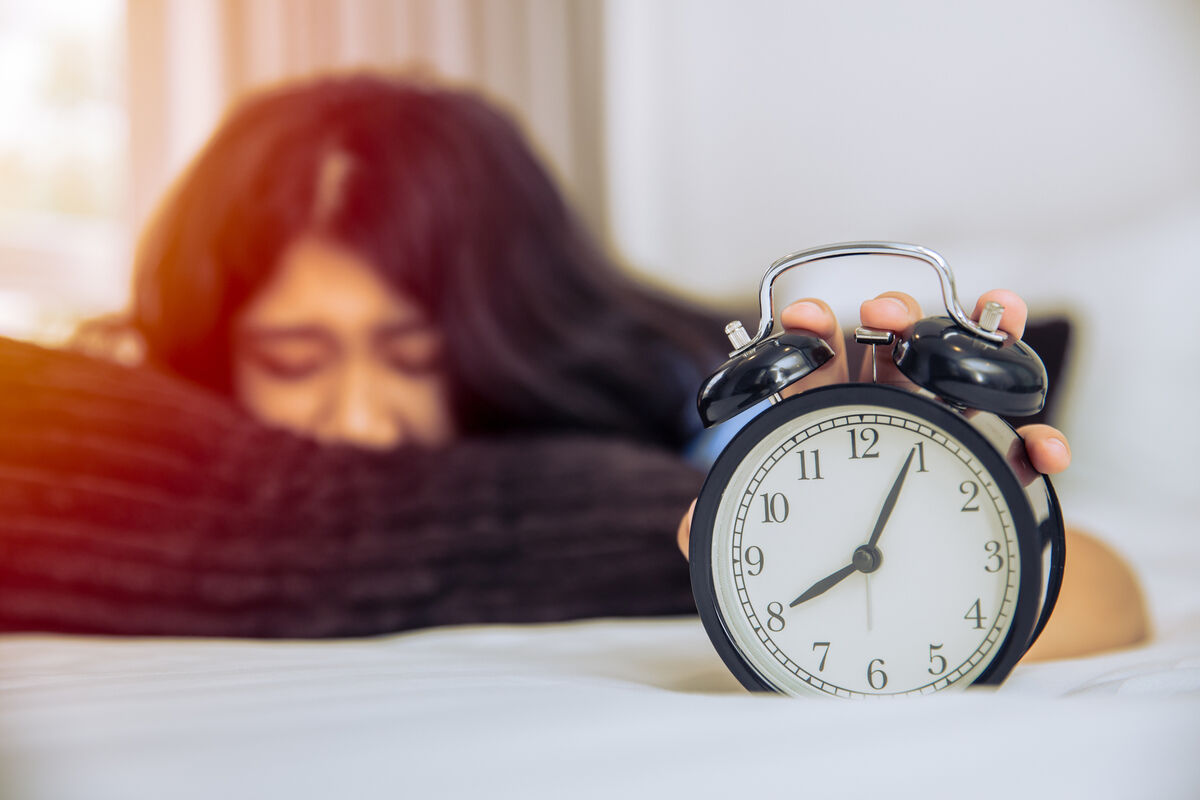Life as we know it has been changed due to the pandemic.
For people in countries where lockdown has been applied, such as Spain, India, Singapore, New Zealand, Morocco, Russia, Qatar, Italy, Sri Lanka, Zimbabwe, UK and many more, so called lockdown fatigue has been described as a state of exhaustion caused by the long-term effects of COVID-19-related lockdowns or restrictions. People described during the first lockdown how their sleep cycle became disorganised and that even if they slept enough hours they would still wake up exhausted. Although the lockdown has been useful in regards to slowing down the transmission of the virus, there is however growing concern regarding its adverse consequences on overall health and wellbeing.
You may have been affected yourself by businesses closing down or maybe you’ve had to turn parts of your living room into an office whilst also taking care of your children due to schools and nurseries being closed. It can feel stressful to have our routines thrown around and for many of us it means our usual habits can no longer be performed such as meeting up with friends or going to the gym. No one asked for this transition, although to some of us it has been helpful to be able to spend more time with our family members, and suddenly our home is sparkling clean. But without the variation of being able to go somewhere else and do different things, this might highlight the challenges of being a parent, teacher, carer, and employee all at the same time rather than being able to separate them. Or the monotonousness of being at home all the time might be exhausting in itself.
So what does lockdown fatigue mean other than being tired?
According to a study conducted by Leodoro J. Labrague and Cherry Ann Ballad (2020) involving 243 college students in the Philippines, the students reported moderate levels of lockdown fatigue during lockdown. Symptoms included physical exhaustion, tiredness, headaches and body aches as well as decreased motivation and increased anxiety. The Philippines has been struck extra hard by COVID-19 and in March 2020 the country went into what is now known as the longest lockdown in the world, approximately 8 months. The study indicates that students with strong resilience and those who perceive higher social support experience lower levels of fatigue during the lockdown, compared to students with low resilience and social support.
According to a study conducted in Austria by Nitschke, J.P., Forbes, P.A.G., Ali, N., Cutler, J., Apps, M.A.J., Lockwood, P.L. and Lamm, C. (2020), social connectedness is key to reducing levels of lockdown fatigue. This study aimed to examine the relationship between individuals’ levels of social connectedness during lockdown and self-reported stress, worry, and fatigue and it was reported that people with great social connectedness felt less lockdown fatigue. There was also a correlation between high levels of fatigue and low levels of social connectedness, which was mediated by feelings of stress, general worries, and COVID-19 specific worries. The studies indicated that individuals with smaller network sizes, who were highly distressed during the pandemic, were also likely to report feeling more fatigued.
According to Matthew T.Keith, A.Edmonds, Kayla M.Scamaldo, Julia R.Richmond, Jason P. Rose, Kim L.Gratz (2020) there are also other factors that affect people’s ability to cope during these uncertain times, ie vulnerability factors like developmental age, educational status, pre-existing mental health conditions, being economically underprivileged or being quarantined due to infection or fear of infection. This is something that is still being studied as it is very much a part of our world’s new normal.
The next question is how do we tackle this issue?
As individuals we may not be able to change or regain some degree of control of what is going on in the world and that is OK. The uncertainty that comes with the pandemic and the lockdowns is something that has and still is happening to so many people at the same time and of course it might feel daunting to not know what is going to happen. But it is important to try to do our best to not let this uncertainty fuel negativity, which brings me to the first advice on how to tackle lockdown lethargy.
Both of the studies by Leodoro J. Labrague et. al (2020) and Nitschke, J.P. et. al. (2020) suggest that a strong social support network is key to tackling lockdown lethargy. As much as it might seem tempting to just call it a day and nap all afternoon it is important to remember that we have people around us that we can talk to. The pandemic is tough from a loneliness point of view but we are all going through it together which is why it is so important to keep trying. Talk to your neighbours or that parent you always bump into at the playground. In a way our minds are more open than ever as we can all agree on one point – the pandemic sucks!
And it can be helpful to realise that people around us might be feeling lonely. A friendly hello might just be the boost someone needs to their day. If you’re not sure how to get started, the Campaign To End Loneliness has some tips on how we can check in on one another.

This whole situation might make us feel like we’re powerless and that it doesn’t matter what we do, but it does.
Apart from limiting the amount of news and talking to the people in our surroundings it is important to not get stuck in our bubble. Remember that we can still go outside to exercise. In fact it is recommended to get some exercise, especially during times of lockdown. If you’re not able to go outside, some gentle activity with the windows open can be suitably reviving! Indoors or outdoors, there might even be a way to involve friends and family and an opportunity to try something new together, such as online Tai Chi, yoga, kicking a football back and forth or going for walks together (of course, taking into account your local regulations). The important thing is to do our best to take agency over those things we can control and get the stimulation that comes with changing our environment every now and then.
Now is as good a time as any – or even better! – to try something new and on the subject of going outside and doing activities with friends and family, there are also a lot of hobbies to take up. We might be spending a lot of time in front of screens these days, whether it’s our computers, or our phones followed by a TV-session. It’s important to switch off sometimes and work with our hands, whether it’s painting, cooking or redecorating the home. Being able to see the physical product of our efforts (such as a cake, a freshly painted fence or an embroidery) gives us all a sense of wellbeing.
Lastly, it may be beneficial to resist the urge to nap.
We’re all different and although, for some of us, the odd power nap can be wonderfully restorative if we’re short on sleep, it’s also possible to create a harmful behaviour of oversleeping. Sometimes, we can trick ourselves into thinking we need to have that afternoon nap and that we don’t actually have the energy to go outside, when it’s actually the other way around – and by going outside we gain energy rather than lose it. In this situation, even though it sounds really tempting to just let go for a moment and sleep in on a quiet afternoon, it is more likely to make us increasingly lethargic, of low mood or anxious in the long run, and it might make falling asleep at night more difficult. Deep down, we tend to know whether we’re sleep deprived and would benefit from a short nap or if we’re feeling sleepy because we’re lethargic – being aware of our situation can help us to choose mindfully whether to take a nap or do some activity outdoors or indoors.
This advice can be a great way to combat lockdown lethargy. However, if you are concerned with your level of tiredness, we encourage you to get in touch with your GP to rule out other causes.
This advice is endorsed by our clinical team
References:
- Ledoro J. Labrague, Cherry Ann Ballad (2020) Lockdown Fatigue Amongst College Students During the Covid-19 Pandemic: Predictive Role of Personal Resilience, Coping Behaviours and Health.
https://www.medrxiv.org/content/10.1101/2020.10.18.20213942v1.full.pdf+html
- Nitschke, J. P., Forbes, P., Ali, N., Cutler, J., Apps, M. A., Lockwood, P., & Lamm, C. (2020). Resilience During Uncertainty. Greater Social Connectedness During COVID-19 Lockdown is Associated with Reduced Distress and Fatigue. https://doi.org/10.31234/osf.io/9ehm7
- Matthew T.Keith A.Edmonds, Kayla M.Scamaldo, Julia R.Richmond, Jason P.Rose, Kim L.Gratz (2020). Impact of COVID-19 and lockdown on mental health of children and adolescents: A narrative review with recommendations, Psychiatry Research, Volume 289, July 2020, 113098, Access date: 26 Nov 2020

Findus Krantz
BA Social Psychology
Social Psychologist and Analyst
As a social psychologist, I have always been interested in how and why people react in a certain way in social situations.
To me, there is always a story behind why people share meaning looks or cross their arms and I aim to uncross those arms with kindness and empathy.


